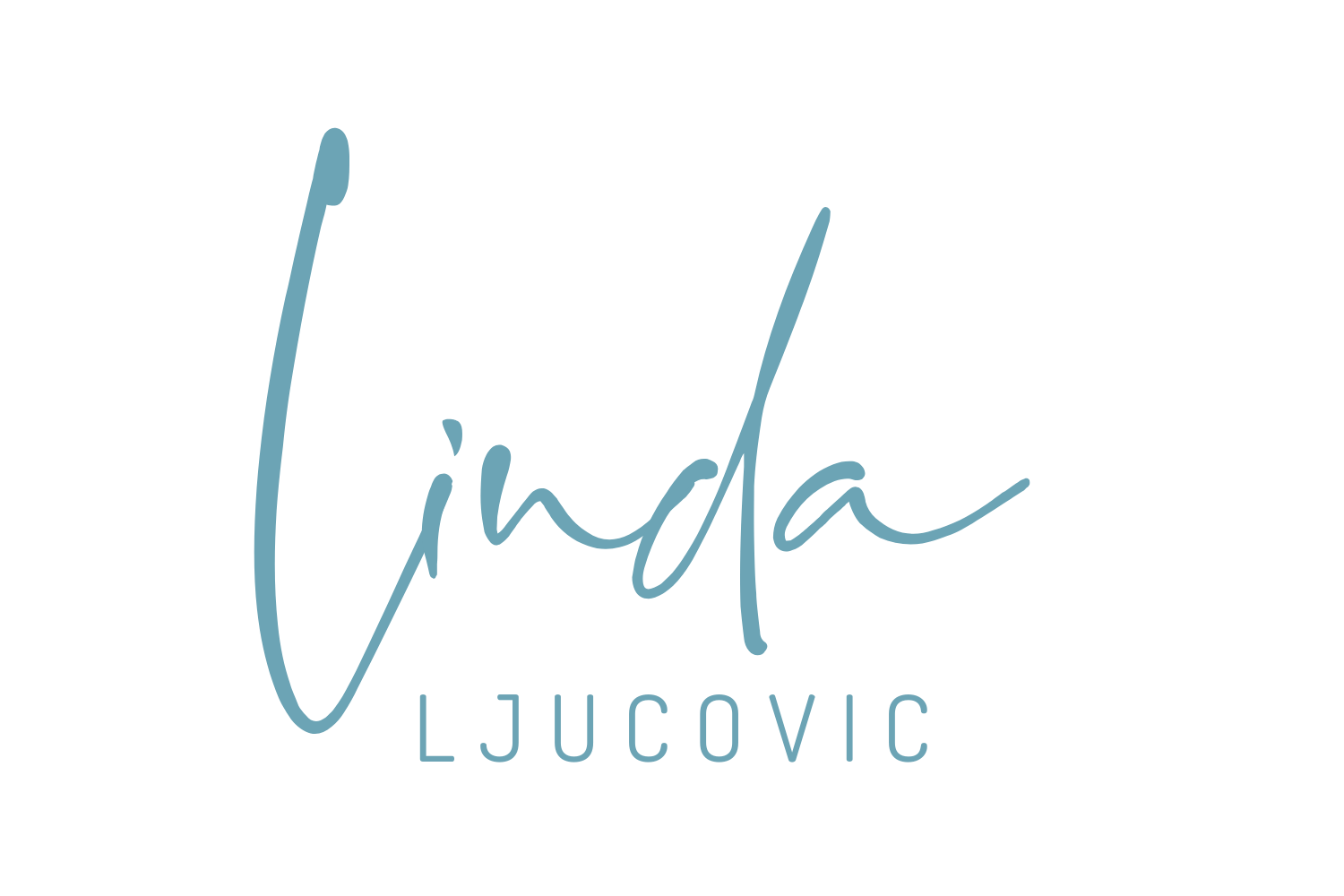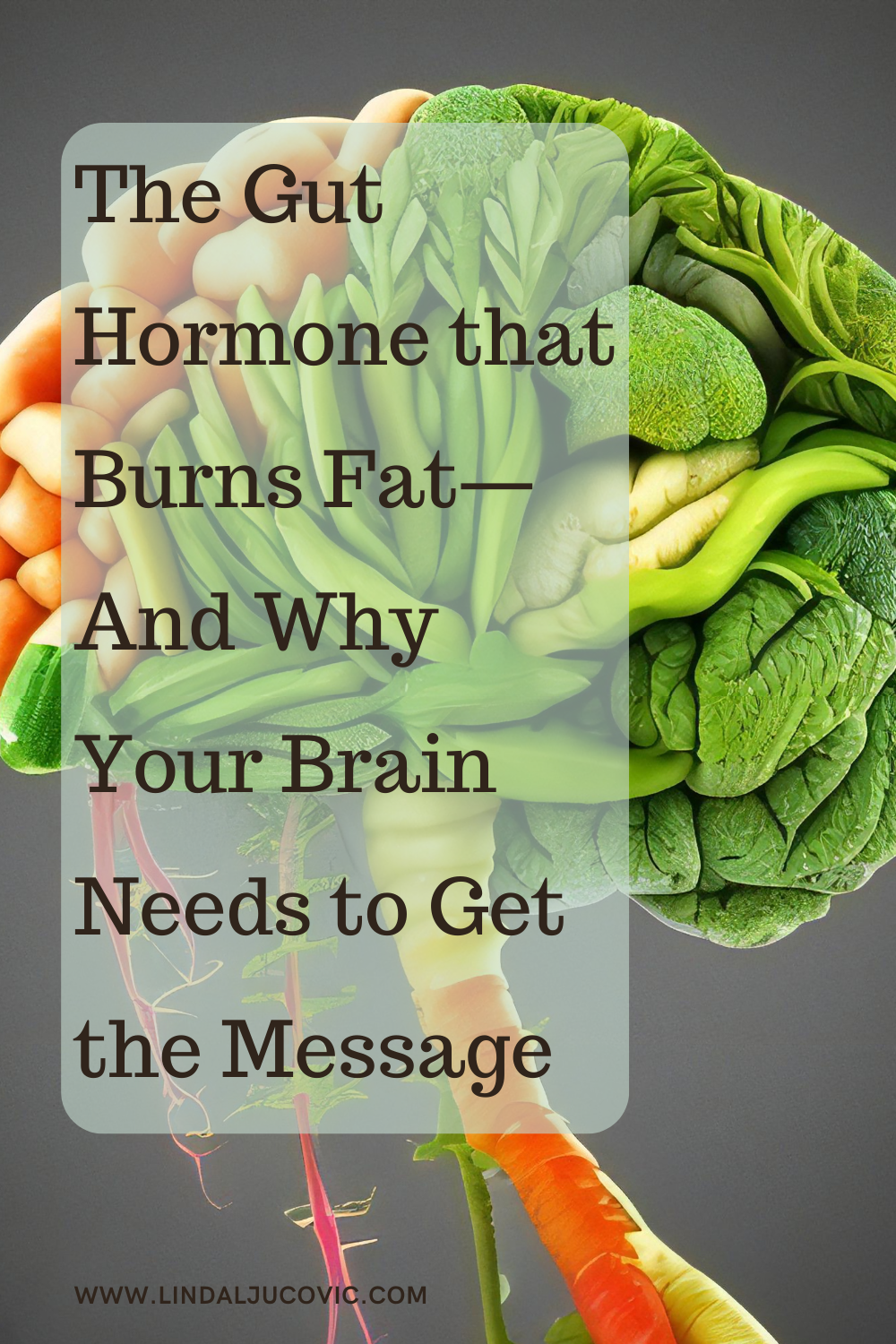Why Under-Eating Is Sabotaging Your Health
Let’s clear something up:
Not eating enough isn’t the badge of discipline or control it’s often made out to be — it’s one of the biggest reasons many women are stuck in a cycle of fatigue, weight gain, brain fog, hormone chaos, and burnout.
And most of the time, it’s not even intentional.
You might be skipping meals because you're busy and crackers and hummus becomes lunch. An no, hummus is not a protein source on it’s own!
Eating "light" because you're trying to lose weight. Or eating clean — but not enough to meet your body’s actual needs.
But here’s the truth:
Chronic under-eating is a stressor.
And for women, especially those in their 30s, 40s, and 50s, it can backfire fast. p.s. I know this because I lived it!
What Happens When You Don’t Eat Enough?
Your metabolism slows down.
Your body isn’t concerned with your jean size — it’s focused on survival. If it senses food is scarce, it turns down your metabolic rate to conserve energy. Translation: you burn fewer calories, and weight loss becomes harder, not easier.Hormone production takes a hit.
Hormones like estrogen, progesterone, and cortisol are all impacted by your calorie and nutrient intake. If your body isn’t getting enough fuel, it’s not going to prioritize things like a healthy menstrual cycle, fertility, libido, or emotional stability.You lose muscle, not fat.
Without enough energy, your body starts breaking down muscle tissue to use as fuel — not ideal when you’re aiming for strength, tone, or a faster metabolism.Blood sugar becomes unstable.
Low blood sugar = mood swings, anxiety, irritability, and that 3 p.m. crash that leaves you reaching for caffeine or sugar. Eating regularly stabilizes your energy and mood.Your thyroid slows down.
Your thyroid needs enough calories, protein, and micronutrients to function well. Under-eating is one of the fastest ways to trigger symptoms like fatigue, constipation, brain fog, and weight gain.Stress skyrockets.
Not eating enough puts your body in a constant state of stress — which increases cortisol levels, messes with your sleep, and signals your body to hold onto fat (especially around your belly).
The Irony?
Many women who come to me are eating too little and still not losing weight — or feeling worse and worse as time goes on. They’re exhausted, bloated, moody, and running on empty. And they blame themselves.
But your body isn’t broken.
It’s just asking for more support — not more restriction.
What to Do Instead:
Eat balanced meals with protein, healthy fats, and fiber-rich carbs.
Don’t skip meals — especially breakfast.
Fuel your workouts properly (before and after).
Focus on nourishment over deprivation.
Support your gut, liver, and hormones holistically.
You deserve to feel energized, clear, and vibrant. Not stuck in a fog of fatigue and frustration.
Let’s stop glorifying undereating and start honoring what your body actually needs.
Want help figuring out exactly what your body needs to function at its best? That’s exactly what we do in my programs — personalized support that goes beyond calories and cookie-cutter plans.
Do my quiz to see if your eating has impacted your hormones.



